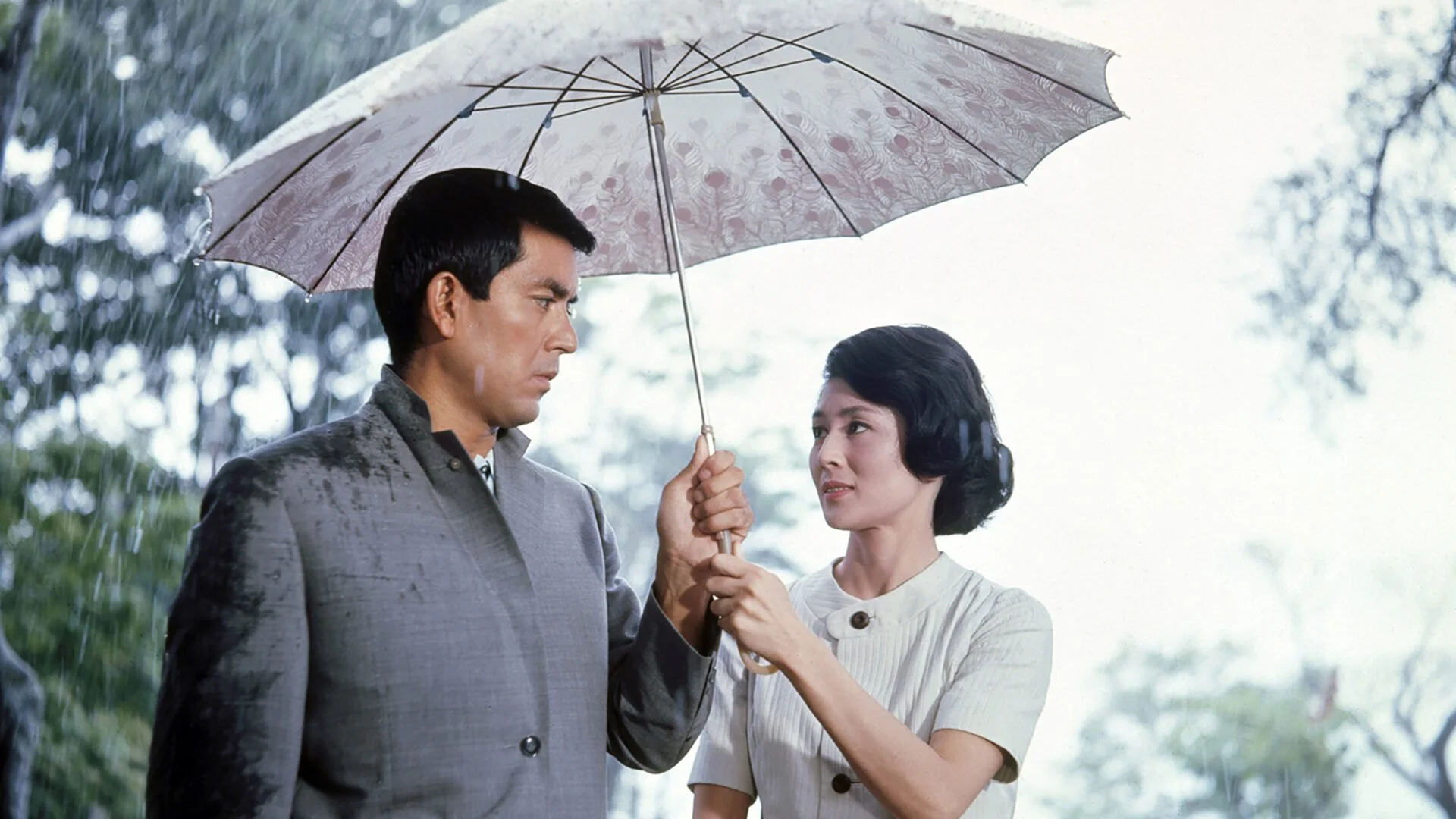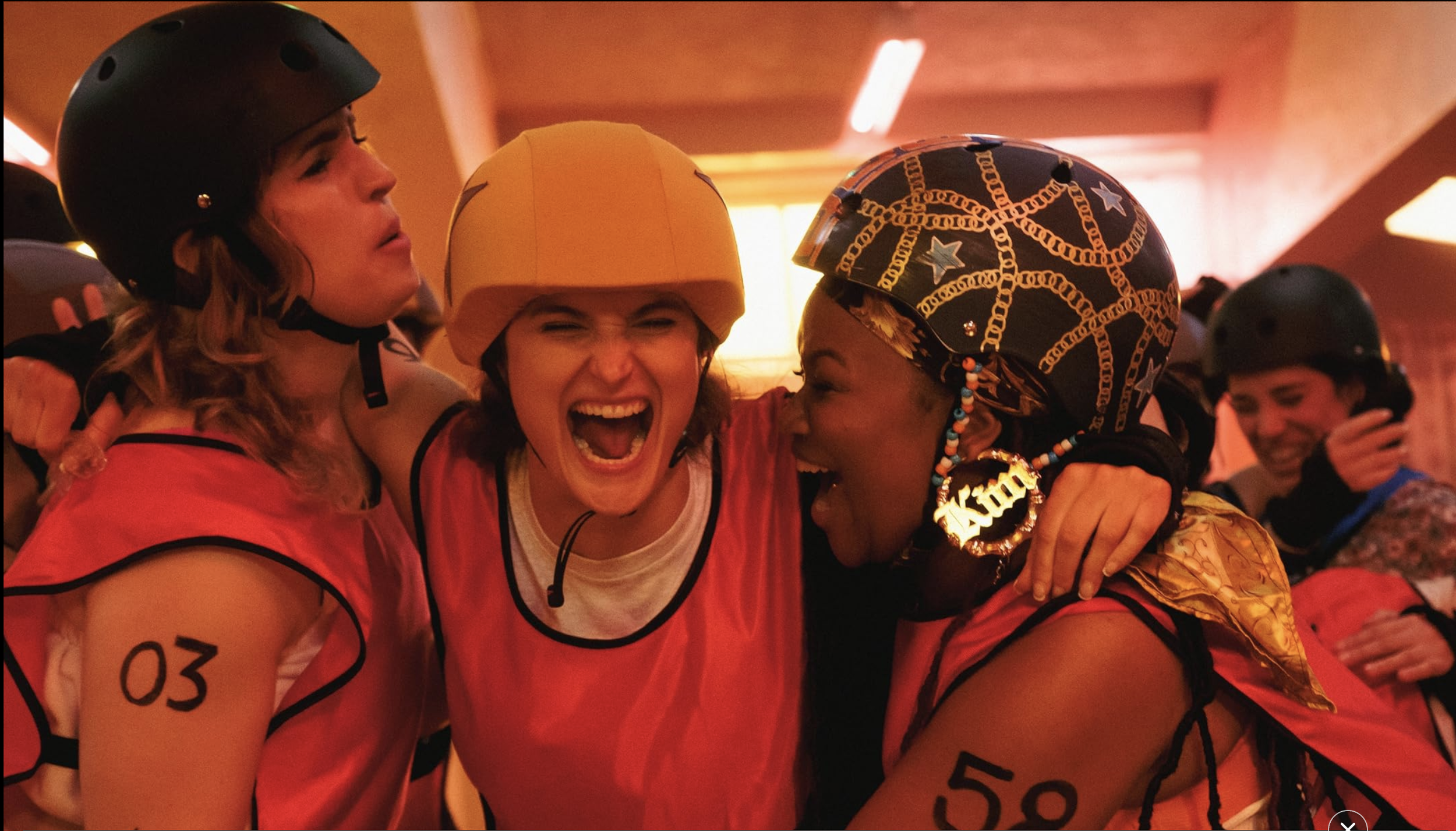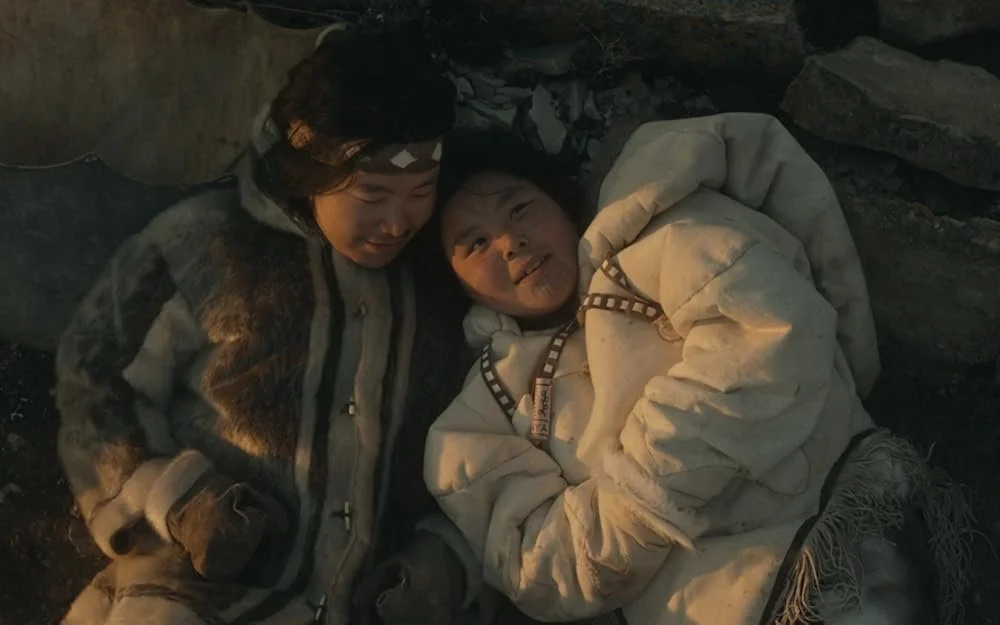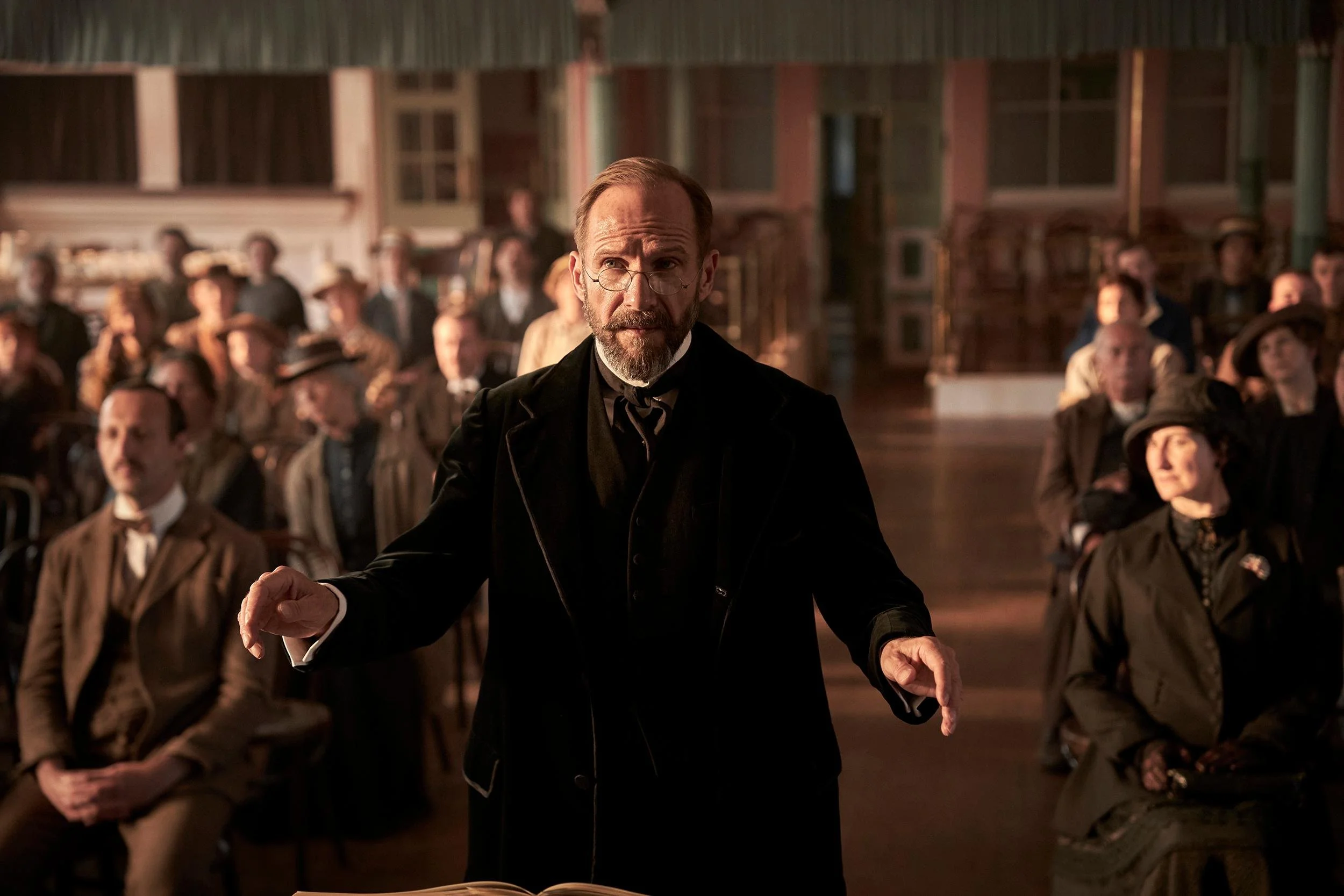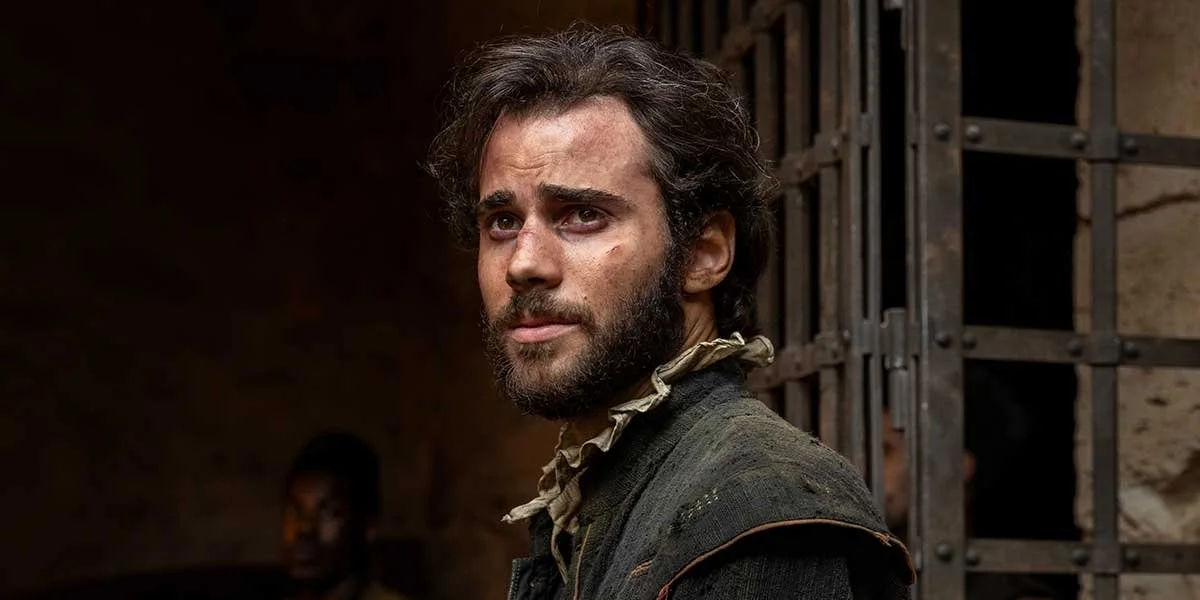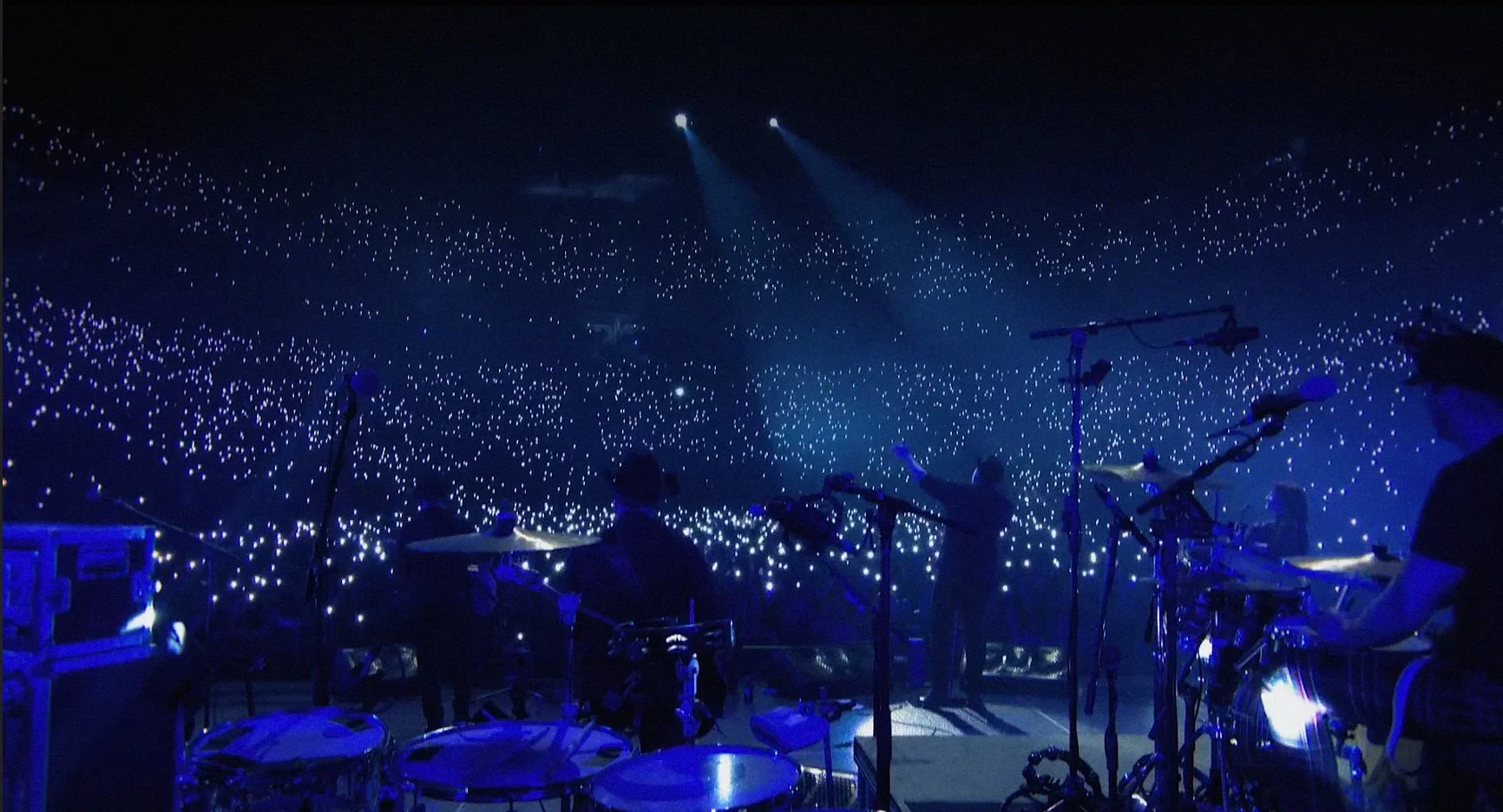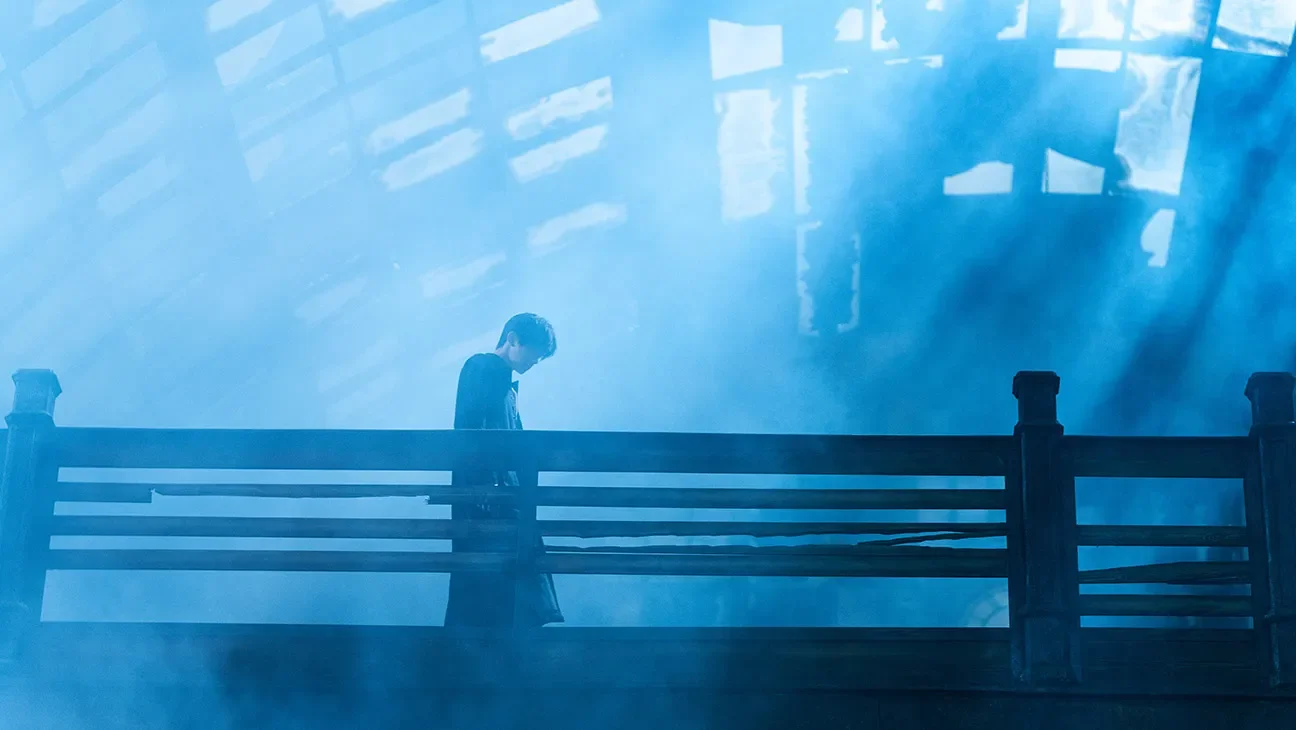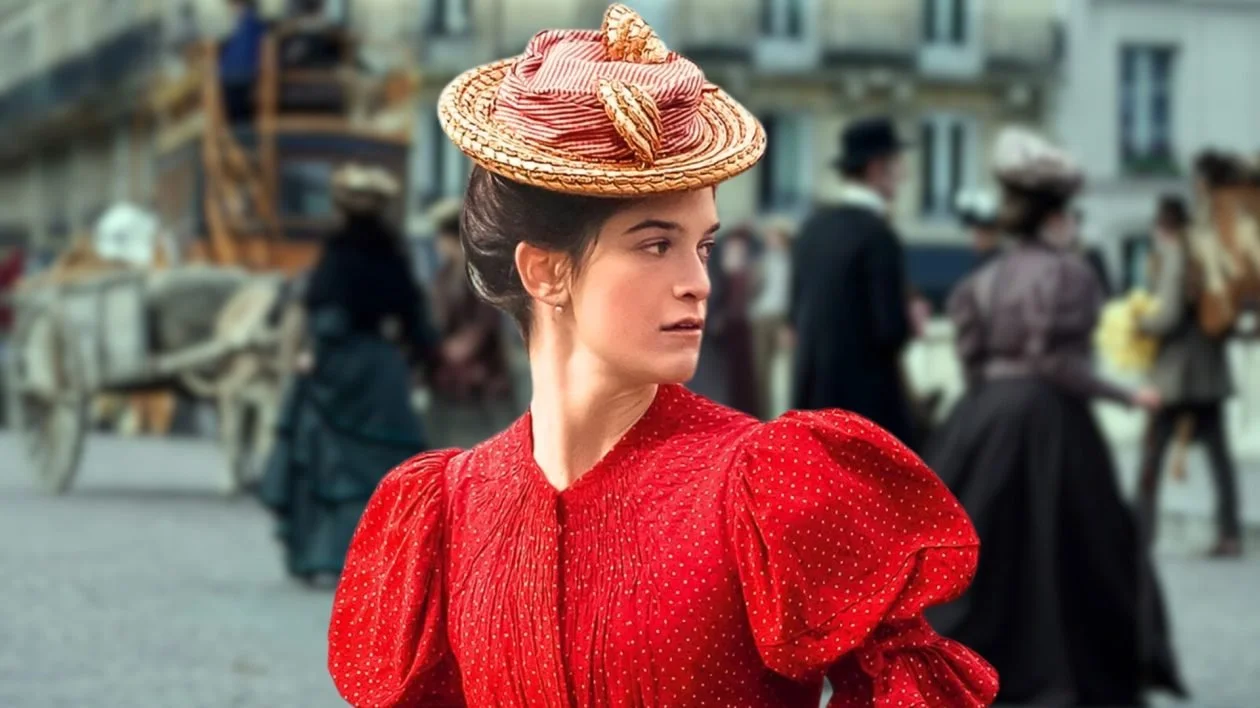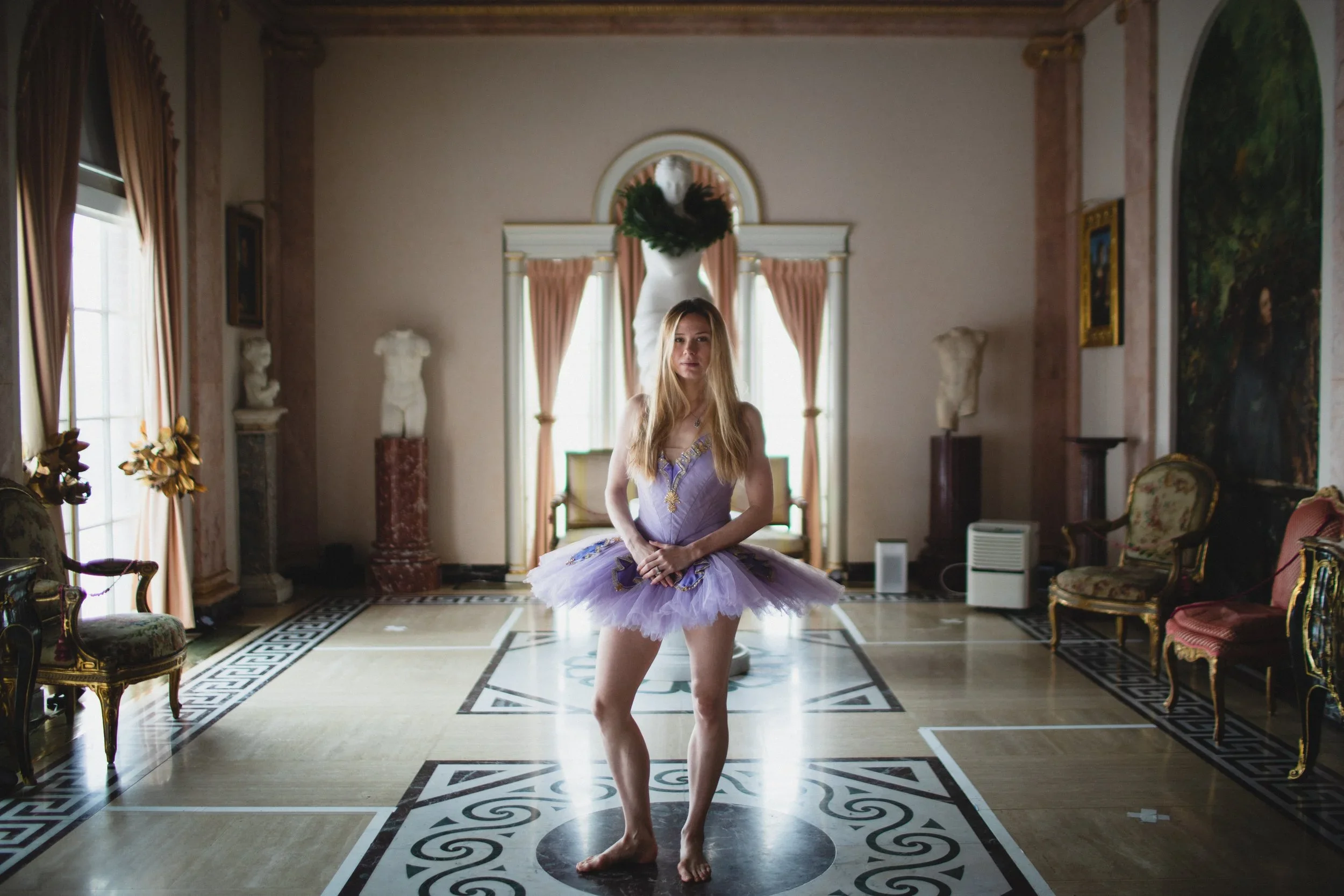Film review: Zappa documentary captures the contradictory world of a weirdly lovable musician
From a vexing personality to onstage bedlam, a complex portrait of Frank Zappa
Zappa is available to rent on Apple TV and other streaming platforms starting November 27. (It will not open as originally scheduled on November 28 at the Rio Theatre, due to provincial closures of cinemas and other venues to December 7.)
IT’S 1978 AND Frank Zappa is performing a sketch alongside Dan Ackroyd and John Belushi on SNL. The joke? He doesn’t do drugs—har har. This doesn’t compute with Ackroyd and Belushi’s cartoon stoners. Larraine Newman eventually joins in as another mindless hippie. The whole stupid bit is a gas for everyone except Frank, who’s game, but comments in voiceover: “That was their idea of something funny. I thought it sucked and I was just stuck doing it.” With this in mind, his expression becomes priceless, projecting all at once imperious contempt mingled with grim acceptance battling an ever-present impulse to play the clown.
Alex Winter’s doc Zappa comes loaded with such insights into the complex and contradictory world of Frank Vincent Zappa. The moment above sticks with me partly because SNL still sucks, which is amazing, but mostly because it’s such a neat thumbnail of its subject's vexing persona: a counterculture icon with little use for the counterculture, never fully understood, on some level making sure he isn’t understood but annoyed about it anyway.
He didn’t make it easy. For some, perhaps, the music is inaccessible without the use of dope, or better still, something like Ritalin. His neoclassical inclinations were deadly serious but he was no less committed to his comic-pornographic imagination. As a bandleader he was a drill sergeant mixed with Spike Jones, demanding technical perfection from his players but also expecting onstage bedlam. And it’s hard to know how, exactly, the music is meant to be enjoyed if you don’t share that high-functioning but cold appreciation of virtuosity, advanced musical math, or a taste for fart jokes.
So, straight up: I don’t care for the music of Frank Zappa. For his part, he states, flippantly perhaps, that it’s calculated “to annoy.” But I find him weirdly loveable and fascinating all the same, and also a little sad, seemingly thwarted in innumerable ways by the time of his premature death in 1993 at a mere 52. As such, Winter’s film blows by at a short two-something hours, with big value for your entertainment/brainfood dollar, which would have meant something to the person it’s about.
The big news is that Winter was given the blessing of Gail Zappa—interviewed prior to her death in 2015 (I guess it couldn’t have been after)—plus unprecedented access to the mythical Zappa vault. And this is where we begin, with Frank himself leading the camera through that labyrinthine archive situated somewhere beneath the family’s Laurel Canyon home, a life’s work on crowded shelves stuffed with boxes of tape and film. (One reel, idly singled out by our tour guide, was produced when “Clapton came to the house.”)
A portion of the crowdfunded budget was used to preserve that material. Enthusiasts will be floored by what turns up in the film: copious live and behind-the-scenes footage: like the Mothers of Invention assaulting the audience at New York’s Carrick Theatre; Gail and trusty designer Cal Schenkel setting up the Sgt. Pepper-spoofing photoshoot for We’re Only in it For the Money; behind the scenes mayhem from the feature film 200 Motels; or Frank just striding through a variety of airports over the years.
The film also checks in with a cross-section of collaborators (Mothers of Invention Ian Underwood and Bunk Garner among them) and mentees including Alice Cooper and Pamela Des Barres—all offering worthy insights into his Promethean nature. Animator Bruce Bickford, appearing scarily frail, seems to disintegrate before our eyes as he laments Frank’s need for “control”, while guitarist Steve Vai observed a man nagged and haunted by “the limitations of others.” A clip from Letterman is telling: Frank rents the London Symphony Orchestra in ’83 on his own dime. Asked if it was worth it, he plays it for laughs with a droll but not dishonest reply: “We’re up to about 75% on this record.” Producing anything close to what he heard in his head was a lifelong frustration.
Born in Maryland to an Italian-American family in 1940, it seems Frank was immediately not normal. His dad worked at Edgewood Arsenal and submitted to secret chemical and biowarfare testing for quick cash, while his son’s asthma and other ailments were treated by having radium shoved up his nose. Some have pondered how this backdrop of bombshelters and secret military projects might figure into the genesis of a singular freak like Frank Zappa. The film quietly ignores all that, although Winter slyly signals that it’s maybe not entirely off the table either.
In any case, an early obsession with cutting 8mm film lends the doc one of its funniest moments with a home movie of Mr. and Mrs. Zappa’s wedding re-edited by their kid to include laser-emitting UFOs. At 12 he’s toying with explosives and tries to burn down his school. In his early 20s he purchases a recording studio in Cucamonga, having developed equal affinity for both Edgard Varèse and RnB, and the locals conspire to have him drummed out on phoney obscenity charges.
A subsequent stint in prison, he says, cemented his political worldview, which would bloom into the strange creature of the ‘80s and ‘90s: a never-at-home family man fighting censorship on behalf of artists who were silent (he mentions Prince and Bruce Springsteen) and an unbound provocateur with an ultra-rational business sense. Nothing symbolizes it better than Frank’s appointment by Václav Havel as Czechoslovakia’s cultural ambassador in 1990, swiftly reversed when U.S. Secretary of State James Baker went out of his way to make it unhappen. All the above (and so much more) is amply covered by Winter, who could probably spin another 1000 documentaries out of his subject. Like I said: fascinating.
Things turn melancholy as cancer begins to take its toll. Frank quietly and contentedly counting time as he leads the Ensemble Modern through its paces not long before his death is an image that lingers.
The film’s most touching eulogy maybe comes from longtime percussionist Ruth Underwood, who was disciplined at Juilliard for daring to play Zappa’s “Oh No” on a school piano before hooking up with the Mothers for a long stint in the ‘70s. A passionate, articulate admirer, she’s superbly equipped to describe the emotional constipation at the centre of Frank’s genius. She remembers being stung by her leader’s cold and unswerving drive—reflected, it must be said, in hard-nosed Gail—but a warm if Zappesque reunion right before his death finds Frank with his heart open.
We’re happy for her and even happier for him.




